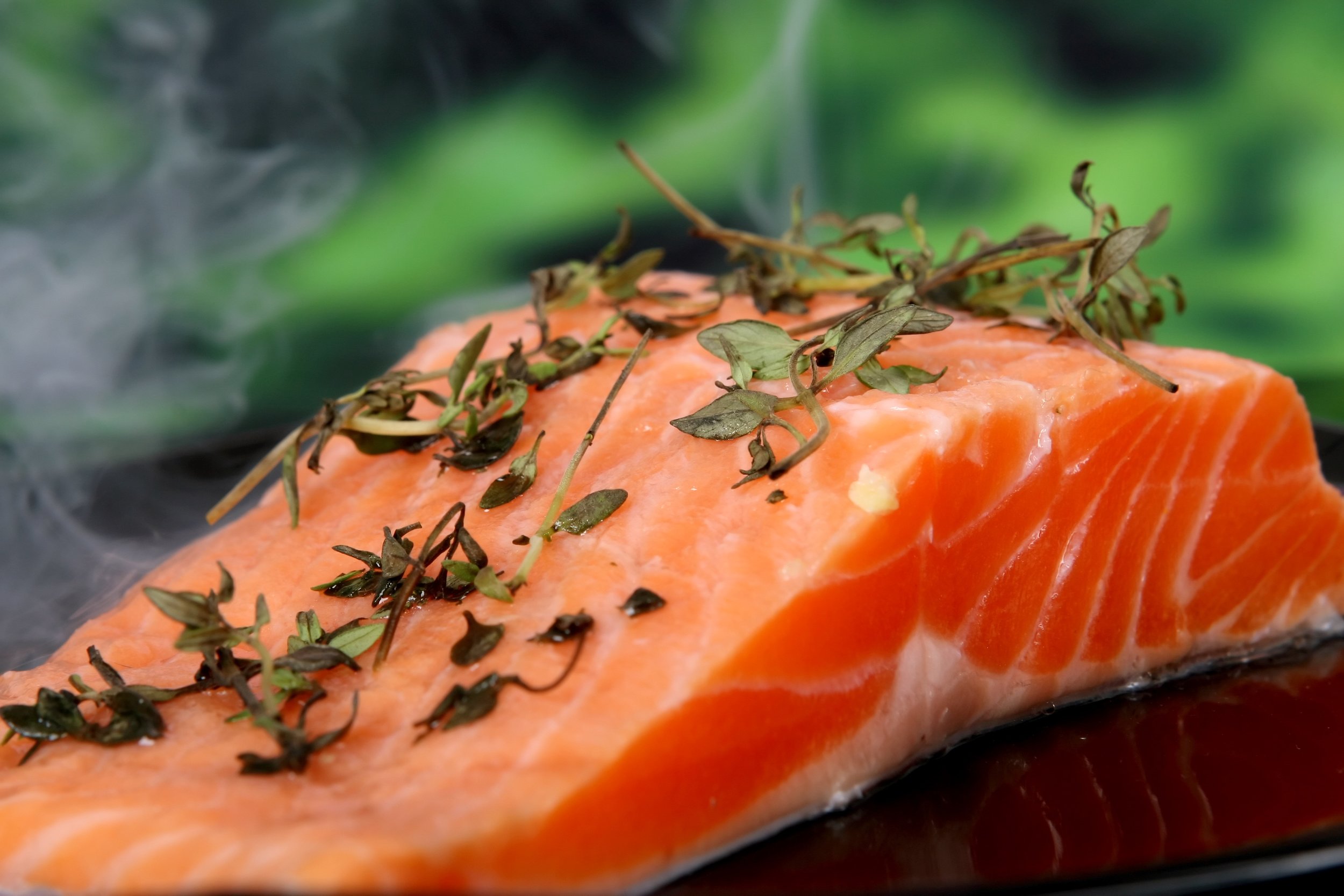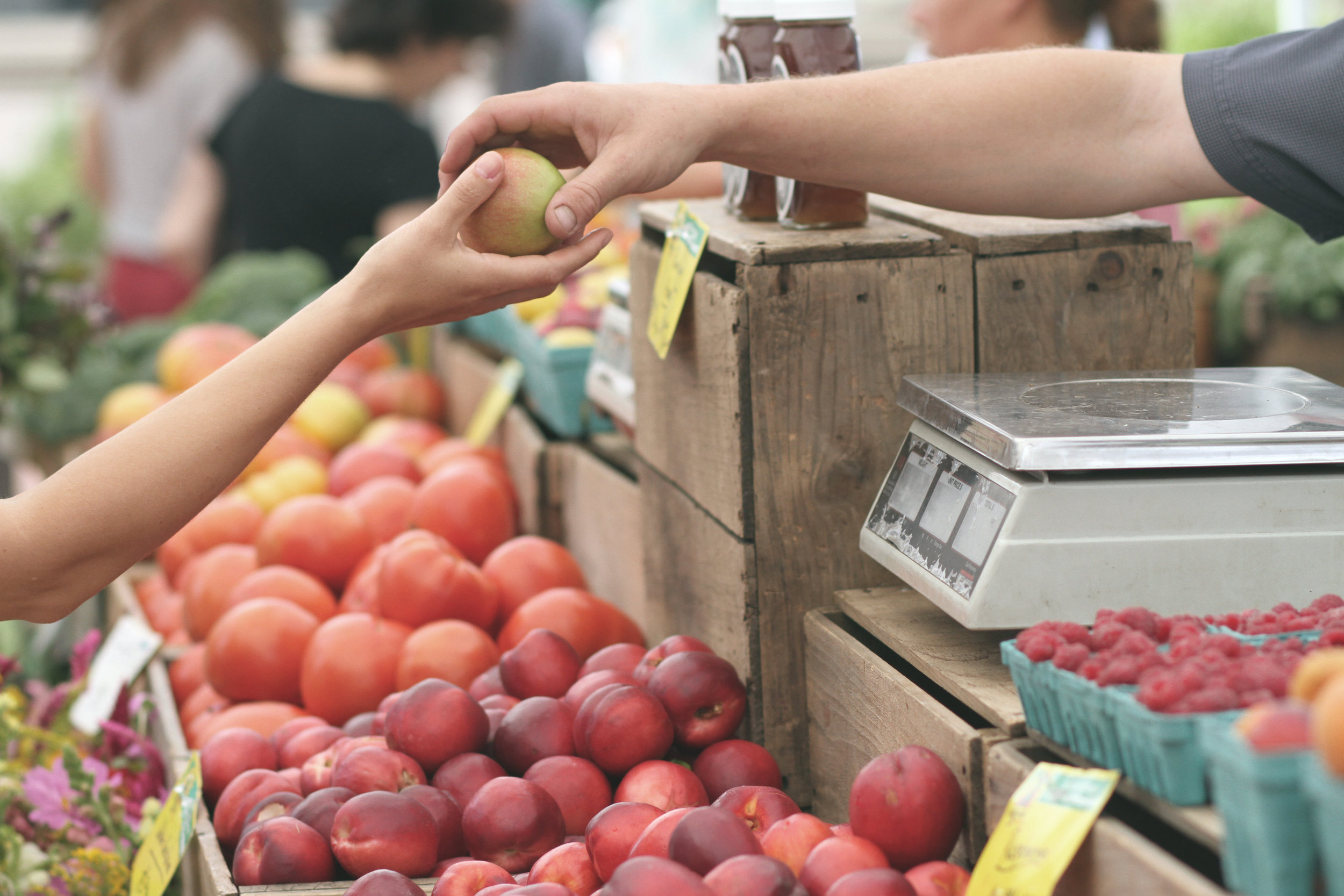Our Animal Welfare Policy
Broiler Chickens
Effective 2017, we are requiring our suppliers to take the following actions for 100% of our chicken supply by 2024, or sooner if possible:
Meet the Global Animal Partnership (GAP) maximum stocking density standard of <6 pounds per square feet.
Provide chickens with enriched environments including natural light, litter, hay bales and perches that meet GAP standards.
Use GAP approved genetic strains for slower-growing chickens.
Render chickens unconscious prior to shackling using Controlled or Low Atmospheric Stunning that is widely hailed as humane.
Demonstrate compliance with the above standards via a third-party auditing system.
Eggs
As of 2020, 100% of the shell and liquid eggs in our supply chain are cage-free. Quest is committed to the sole use of cage-free eggs to support our belief in Animal Welfare.
Dairy
We are committed to sourcing milk that is local and free of added growth hormones.
Seafood
We purchase sustainable seafood that follows the Marine Stewardship Council’s guidelines and recommendations.
Rainforest Coffees & Teas
Offering organic, shade grown, fair trade, and rainforest alliance coffees and teas.
Sustainability
We feel that nutrition and sustainability are very interdependent concepts. Our philosophy for our nutrition programs and sustainability efforts run along parallel paths. What is good for us is good for the planet; conversely, what is good for the planet is good for us.
EarthAware
Our EarthAware program highlights our efforts to support the local economy by fostering relationships with area farmers and merchants. The EarthAware program also works to minimize our carbon footprint. By purchasing from local growers, we decrease the amount of fossil fuel used in transport, support sustainable agriculture, put resources back into the local economy, and provide the freshest, best tasting food possible for our customers.
Quest tracks local purchasing with assistance from our vendor partners. We utilize NearBuy, a program from GFS that helps to identify growers and manufactures from within 150-miles of the account we are operating in. We also utilize FarmLogix, a system that helps to connect local farmers and growers with food service operations.
NearBuy Program
Buying local has become a rallying cry for individuals and businesses, and nowhere is it proclaimed more loudly than when it comes to food purchases. Gordon Food Service, our primary vendor, supports our customers’ desire to understand their local purchasing content as a component of stewardship and social responsibility.
GFS makes it easy to identify local purchases with NearBuy, a comprehensive, accurate, and reliable product-source database designed specifically for the foodservice industry.
“At Francis Parker School (Chicago, IL) with enrollment of approximately 1,000 students, we divert over 6,500lbs of food waste from landfills through our composting efforts each school year.”
Depth of Reporting
Standard local reporting is often limited by having access only to corporate headquarters or forwarding warehouse addresses. Allowing customers the flexibility to include manufacturing and key raw material source locations has required special efforts, but GFS believes we should have access to the entire supply chain to be fully informed.
They have diligently worked with suppliers to capture, catalog, and validate this voluminous amount of data. They created a database that couples reliable, comprehensive data with flexible reporting. NearBuy data is updated annually and new items are incorporated as they are added to the Gordon Food Service offering.
With NearBuy, we can identify local content for all Gordon Food Service purchases based on any of the following parameters—which are defined by our individual clients: Corporate office location for the supplier.








